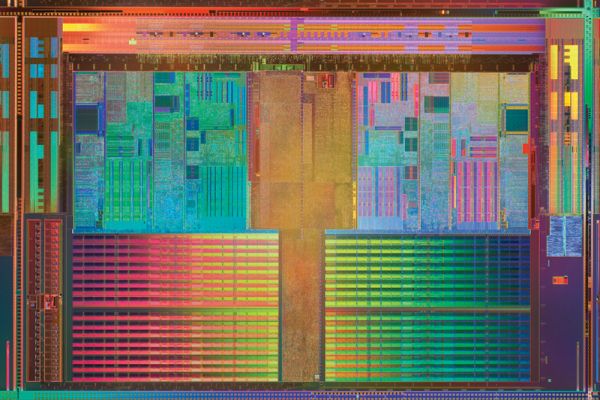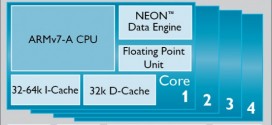It’s no secret that AMD is not doing very well lately, and it hasn’t done that great over the past few years either, but it looks like the restructuring helped the company minimize its losses in the first quarter of this year. The question is how long can they sustain themselves even with these “small” losses.
AMD’s Losses
AMD lost $473 million in the 4th quarter of last year, on a revenue of $1.16 billion. This quarter, however, the losses dropped to $146 million on $1.09 billion revenue. Part of this is due to the sale of their “Lone Star Campus” in Austin, Texas, for which they got $164 million.
It’s obvious though, that the company is shrinking and losing revenue, and their operating income is getting smaller, too, dropping from $22 million in Q4 2012, to $16 million in Q1 2013, which is less than half what it was a year ago ($34 million).
While AMD managed to somewhat stabilize its losses, the less money they have, the less they will be able to invest in products that can compete with Intel and others. The fact that the PC market seems to be rapidly declining is not great news for them either (nor is it for Intel).
AMD’s Future
AMD needs a strategy that doesn’t involve the PC market, and so far they are even more behind than Intel on this, because they haven’t even started taking on the mobile market yet. Plus, even AMD sees the ending of Moore’s Law within the next decade, so that’s another problem they have to worry about, if they even last that long.
One thing that makes me somewhat optimistic about their future is that they’ve started working on 64 bit ARMv8 server chips. The problem is that AMD is not a “native ARM” company, and I’m not sure they can adapt in only 2 years to compete with companies like Qualcomm, Marvell, Calxeda, Samsung and even Nvidia, who has been developing ARM chips for years.
So while AMD is going in the right direction here, it remains to be seen if their execution is good enough to be competitive in this market, and if the micro-server market will be big enough for them to be worth it.
They should be doing better at the end of the year, though, considering both the PS4 and the next Xbox are going to use AMD APUs, but while that may help their revenues, it might not help their profits so much, if the only reason why they even won these contracts is because they offered a much lower price than the competition.
AMD will need to be very careful with their strategies from now on, and try to envision more what the future will be instead of having the attitude of “waiting and seeing”, like they did in regards to the netbook market, and later with the mobile market, too, which they joined only years after their competitors already dominated them. That’s almost always a losing strategy. When they see a market with high growth potential, they should join it early.
 TechDomino
TechDomino



